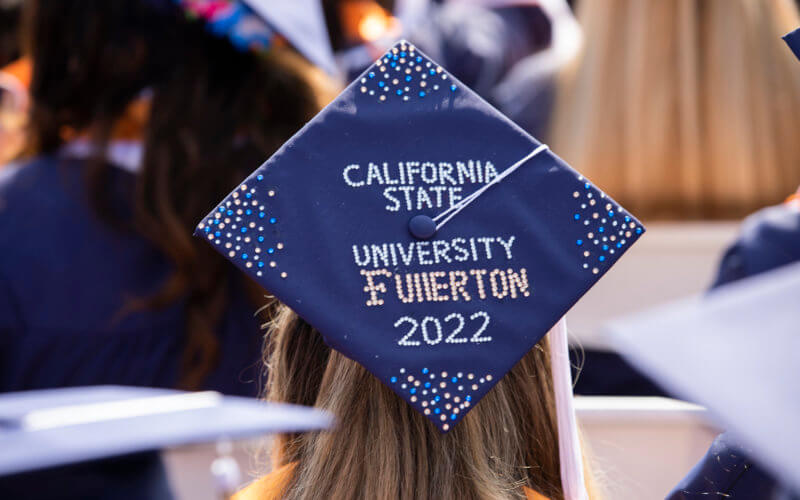
Brandy Garcia, M.S. educational technology
Learning with my students, for ALL of my students. Those were the words that I lived by as I read chapter after chapter, studied countless hours, and more importantly, practiced what I was learning on a daily basis with ALL of my students. The one word in that phrase that both encourages me and scares me is the word ALL. On the one hand, I am glad that I am able to celebrate the diversity my students bring to our community, the commonalities and differences in the way we think, speak and learn, and the joy it brings to each student to be able to express themselves and their individual perspective. On the other hand, comes the monumental task of creating and teaching a lesson plan that meets the needs of Richie who came from Mexico two years ago, or Jenae who struggles to see her worth because of the color of her skin, and Matthew who has ADHD. How do you help each of these students fully understand how to change the fraction ⅖ to 40%?
Although this task is ever changing, and monumental, the value that it has for both students and teachers is even greater. I’m a math teacher, so I think about the 1,800 minutes a week, 7,200 minutes a month, or 576,000 minutes a year – is the time we have with our students. That is the time that we can build up our students to help them see their value in who they are. That is the time that we can implement lessons that both promote student growth intellectually and celebrate diversity. That is the time that the word ALL should not be feared but be embraced.
To be just, equitable, and inclusive educators means that we go beyond celebrating Martin Luther King Jr. Day, that we go beyond simply making small groups with our special education students, that we go beyond connecting with our Second Language Learners case leader. In fact, that is solely the beginning. In being just, equitable, and inclusive educators we make a promise to honor our students’ culture and identities, that we promote and try new teaching practices that encourage leveled thinking that is offered to ALL students, and that we use our students’ culture, disabilities, divergent thinking, and their identity as a fuel for our passion- because without passion, we, as teachers, are nothing.
I encourage you, the class of 2022, to be inspired by the opportunity to teach ALL students. To find joy in this tremendous task as we continue to shape the future of education. A future that will be just, equitable, and inclusive. May we continue to honor, encourage and support ALL of our students, for they are our future and our legacy. Thank you!